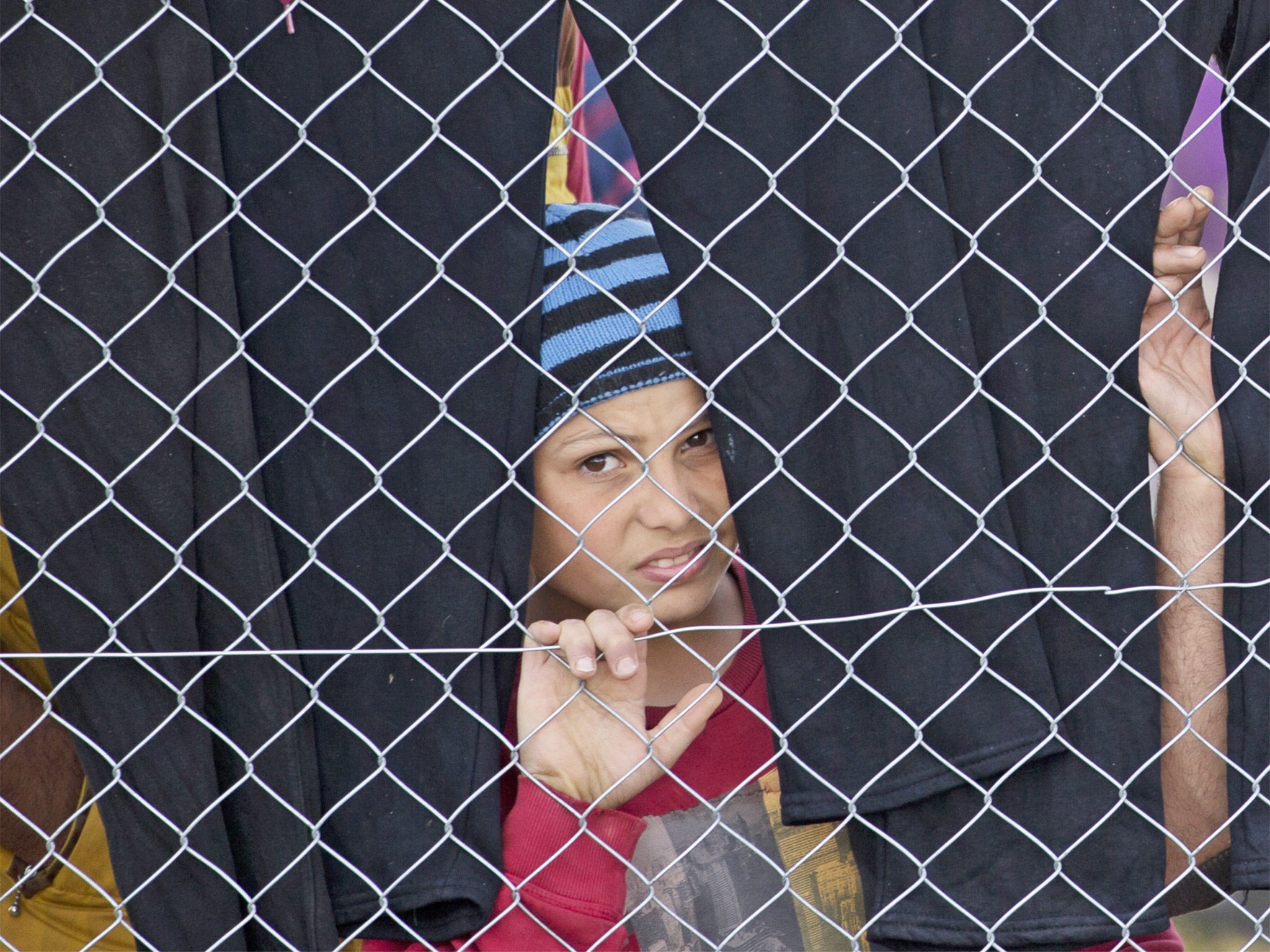EU-Turkey deal Q&A: What does the agreement being negotiated in Brussels mean for refugees?
The €3bn refugee exchange programme would see Syrian refugees who land on the Greek islands returned to Turkey, while European countries would take asylum seekers currently living in Turkish refugee camps

Q. Is it legal to send people who land in Greece back to Turkey?
A. The United Nations 1951 Convention on Refugees bans expulsions except on grounds of public order. International asylum rules say all applications have to be properly reviewed, and asylum seekers cannot be returned to a country that does not offer proper protection. “The parties failed to say how individual needs for international protection would be fairly assessed during the rapid-fire mass expulsions they agreed would take place,” says Bill Frelick from Human Rights Watch.
The plan could also fall foul of EU rules – Article 19 of the EU’s Charter of Fundamental Rights bans collective expulsions.
Q. Can Turkey really be considered a “safe country” to return refugees?
A. While Turkey has ratified the 1951 Refugee Convention, it is the only country in the world to apply geographical limitations, so only Europeans are currently guaranteed refugee status there.
While Syrians have the right to international protection in Turkey, this right does not cover other refugees like Afghans and Iraqis fleeing war. The UN refugee agency, UNHCR, says it is concerned that it would leave Syrian refugees unprotected and at risk of being sent back to a war zone.
Questioned about this, European Commission President Jean-Claude Juncker insisted the plan was legal: Greece had determined that Turkey was a safe country, so the returns policy was legal. But human rights groups say such returns are almost certainly illegal.
Amnesty International says it is “absurd” to describe Turkey as safe. “Turkey has forcibly returned refugees to Syria and many refugees in the country live in desperate conditions without adequate housing,” said Iverna McGowan, head of the group’s EU office. “By no stretch of imagination can Turkey be considered a ‘safe third country’ that the EU can cosily outsource its obligations to.”
Q. How will the EU resettle Syrian refugees from Turkey?
A. The plan says the EU will take in as many Syrian refugees from Turkish camps as it sends back, but it is unclear how they will be taken in by European countries. Angela Merkel said that those returned from Greece would go to the back of the queue, but it remains uncertain how those who are to be relocated will be chosen out of a pool of at least 2.5 million Syrians in Turkey.
Hungary’s hardline anti-migration Prime Minister Viktor Orban has promised to veto the scheme, but officials have said it is likely to be a voluntary “coalition of the willing” including Germany and the Netherlands.
Conservative MEP Timothy Kirkhope warned that it risked being “an undeliverable plan at great cost”, like last year’s scheme to relocate 160,000 refugees, which has so far found new homes for just 660. “Last year’s silver bullet was a relocation system that did not work,” he said. “This year’s seems to be an all-encompassing deal with Turkey that relies on their goodwill, despite little evidence that they have delivered on promises already made.”
Join our commenting forum
Join thought-provoking conversations, follow other Independent readers and see their replies
Comments